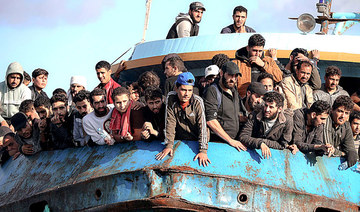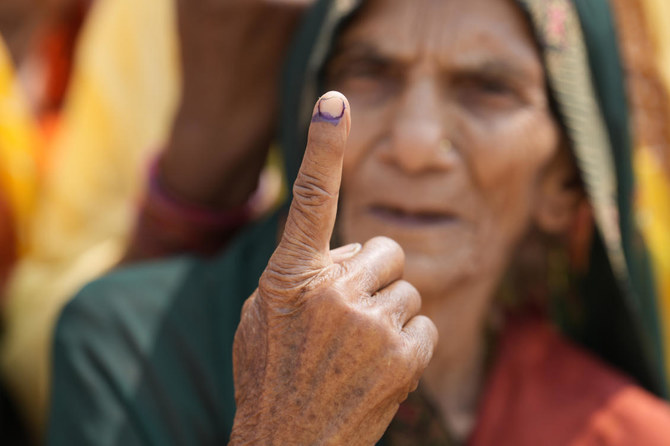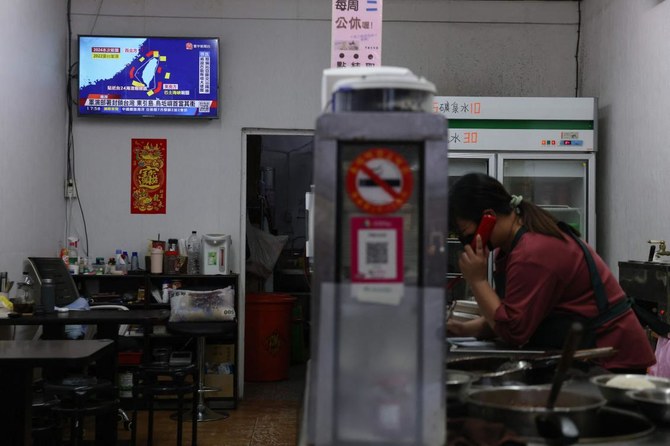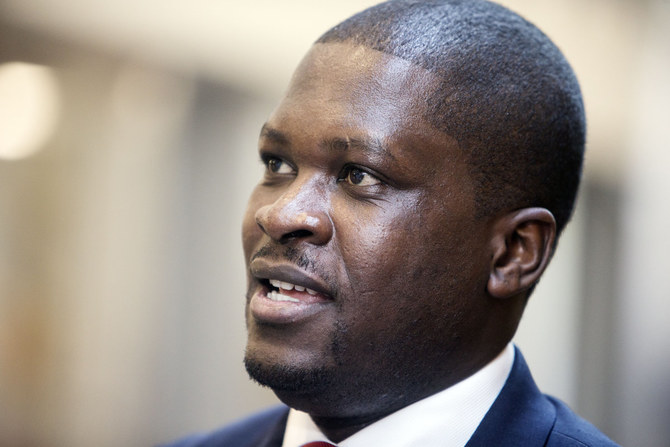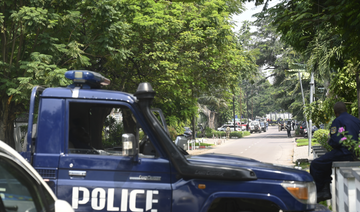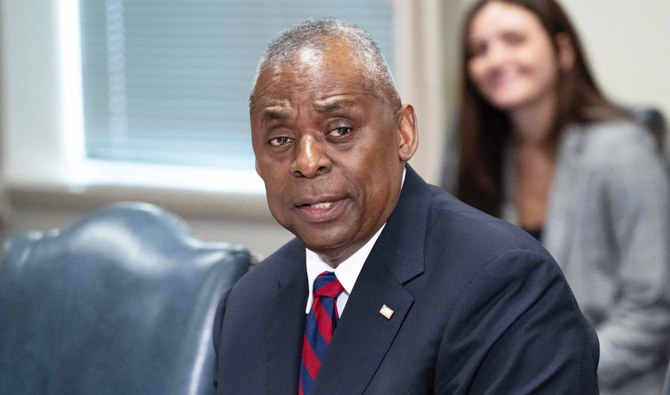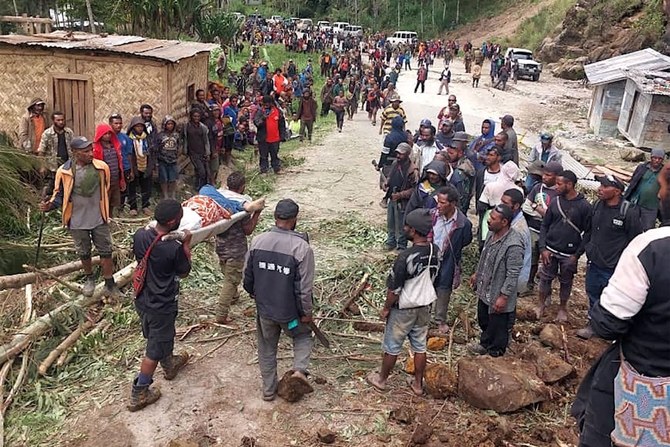BRUSSELS: EU lawmakers have pushed for an independent probe into a migrant boat tragedy off Greece in which hundreds of people are believed to have died, calling an internal investigation by Athens inadequate.
That stance, also backed by the EU’s Fundamental Rights Agency, seeks to shine a light on the June capsizing of an overcrowded vessel headed from North Africa to Europe.
“Maybe 600 people” drowned and “around” 110 people were rescued, EU home affairs commissioner Ylva Johansson told MEPs, based on information from Greek authorities.
She said the fishing trawler had apparently been used by Egyptian smugglers who sailed it empty from Egypt to pick up to 750 people in Libya for the Mediterranean crossing to Europe.
She said the migrants were packed into the “very, very overcrowded boat” according to how much they paid: Pakistani men “stacked” on the bottom, women and children in the middle, and those with “high status” on top.
A plane with limited fuel and then a drone used by the EU’s border patrol agency Frontex were diverted to overfly the boat, Frontex chief Hans Leijtens told the same European Parliament committee.
The drone, which pulled away to observe another migrant boat two hours distant, returned to find “it already had sunk,” he said.
“We offered to help, but there was no response from Greek authorities,” Leijtens said.
Some survivors allege that the Greek coast guard caused the tragedy by tying a rope to their drifting vessel and then driving off at high power.
The Greek government denies that. It has opened two investigations, one into smugglers it blames for the event, and the other into the actions of its coast guard.
The “seriousness” of the tragedy required an “independent and transparent international investigation,” the MEP chairing the European Parliament hearing, Birgit Sippel, said.
The committee called on Greece and the European Commission to set up a probe “as a matter of urgency” to examine what actions the Greek coast guard and Frontex took in relation with international obligations for search and rescue, she said.
Another MEP on the committee, Sophie in ‘t Veld, called it “naive to say ‘but, you know, the Greek authorities are going to take care of this and we can trust them’“
Johansson stressed that the commission had no powers to conduct its own investigation, nor to set up an EU-wide maritime search and rescue body.
While acknowledging that there were “a lot of unanswered questions” about the tragedy, “it’s the responsibility of the member states to investigate these kinds of things.”
She admitted, though, that “we have to realize that we are not doing enough.”
“Unfortunately this will happen again,” she predicted.
The commission’s energy was being directed at curbing migration from source countries, including many in Africa as well as Pakistan, and transit countries including Egypt, Tunisia, Morocco and Libya, she said.
The EU, which is currently looking at speeding up the return of unsuccessful asylum seekers, has been accused by non-governmental organizations and charities such as Oxfam of implementing a “Fortress Europe” policy.
The head of the bloc’s EU Fundamental Rights Agency, Michael O’Flaherty, told the parliamentary committee that a “proper investigation” was needed into the migrant boat tragedy off Greece.
He also said “we’ve seen a problem” with EU countries applying an “overly restrictive understanding” of what conditions are required to trigger their international duty to launch sea rescues.
The agency provides advice to EU institutions and governments on policy matters and raises awareness on rights, including access to justice and discrimination.
On Thursday it presented a new report on preventing and reporting deaths at sea that O’Flaherty said took “close account” of this latest migrant boat capsizing.





